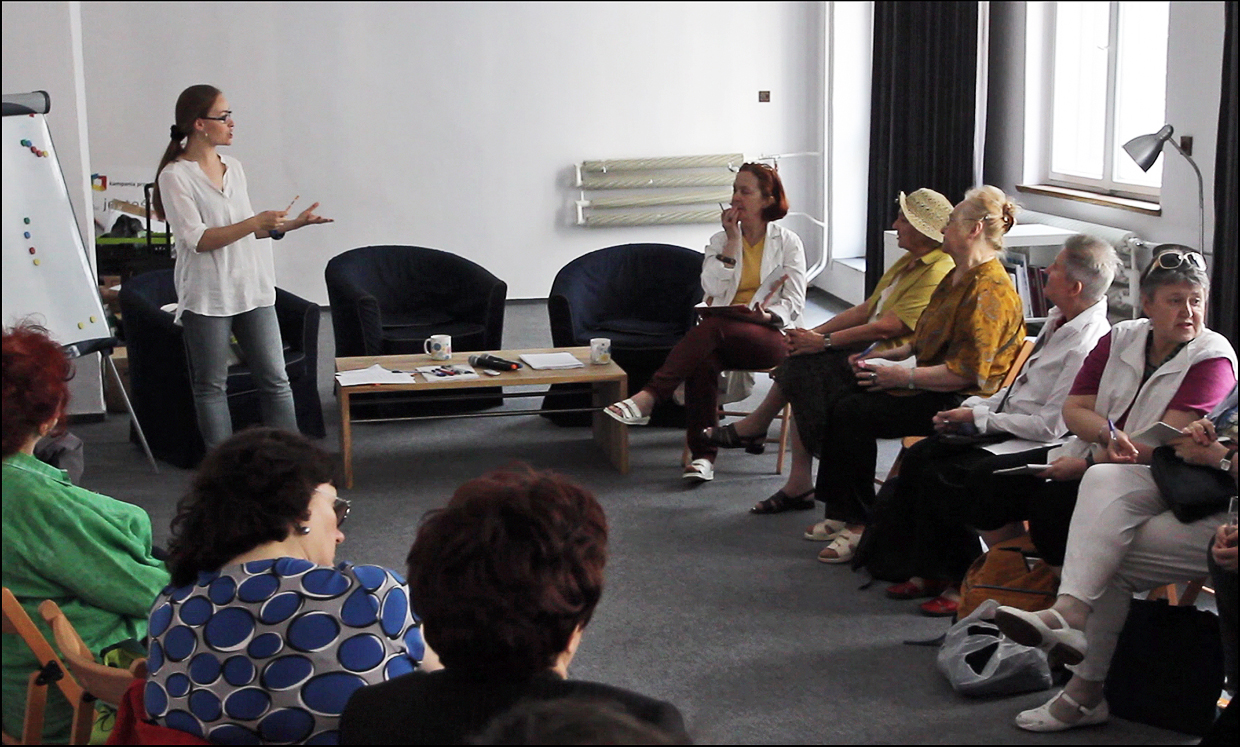Friendship comes in many forms, from beach buddies to caregivers who are just one call away.
Image source: Philippe Alès via wikimediacommons.org
Aging well entails many aspects: medication, physicians, age-appropriate physical activity, proper nutrition, and quality home care all play into the experience we have of growing old. But perhaps more than anything else, emotional support can make or break the quality of our life as we age. The isolation that can ensue when living alone can be crippling — but it doesn’t have to be. Whether it’s seeking comfort from the fear of dying or simply wanting someone to say hello to, human connection is a priceless part of healthy aging.
Compassion and empathy
In our society, we often view friendship in narrow terms. For example, we tend to think of friends as people whom we know well, frequently see, join us in fun activities, and so on. But a friendship can just as easily be born from a simple phone call with someone we’ve never met before. In fact, when it comes to speaking about difficult emotions and challenges, it’s sometimes easier to speak with a supportive and compassionate stranger than with people we already know well. Further, there are many topics that deserve the attention of a trained listener who understands the importance of listening with empathy, and who can offer valuable advice based on knowledge and experience.

Image source: Martinhampl via wikimediacommons.org
How the Friendship Line saves lives
Unfortunately, many seniors find themselves in a position of either living alone or with people whom they don’t feel comfortable sharing personal issues. It’s not surprising that senior suicide is a major concern across the country; fear, despair, and hopelessness can hit hard without sufficient emotional support. Thankfully, organizations like the Institute on Aging have professional services in place to meet these pressing needs of seniors throughout America. In operation since 1973, the Friendship Line offers disabled and elderly people the emotional support and connection they all deserve.
As the only national toll-free hotline that’s on-call 24/7, the Friendship Line provides the services seniors need, whether during an emergency or for daily self-care. From crisis intervention to suicide and grief counseling to simple check-ins regarding a person’s well-being, the phone staff of the Friendship Line are properly trained and well-equipped to handle difficult and sensitive crises of all sorts. “In every call, their goal is to help the individual feel safe, valued and fully alive.” This is especially important when it comes to saving lives. Because the phone staff “know what to do and who to notify if someone even hints at abuse or suicide,” they’re able to spring into action whenever necessary.

Image source: www.obywatelsenior.org via wikimediacommons.org
Connection is only a call away
The Friendship Line is not only here for crisis situations. The phone staff is at the ready to help serve anyone who is disabled or over the age of sixty with gentle reminders to take medication or make appointments, to help with referrals for other types of elderly care or to simply offer a compassionate ear to listen. It can be truly shocking how long people can go without a supportive community around them. Often, especially as we age, we grow accustomed to feeling isolated, without adequate support, and subconsciously accept it. But this is not without consequence, and — most importantly — it doesn’t need to be the case. Services like the Friendship Line provide a simple, free way for seniors to reach out, stay connected, and feel better — no matter how bad things seem.
The benefits of friendship are numerous: connection, emotional support, and relief of isolation are some examples. Over the past several decades, the Friendship Line has helped countless disabled and elderly people with depression, isolation, abuse, and suicide. If you know an elderly or disabled person who might benefit from the emotional support available through the Friendship Line, please share this with them. Likewise, if you are interested in volunteering, please get in touch with us. True friendship comes in all shapes and sizes — including a voice on the other end of the telephone line.
If you are unsure of how to best help an aging loved one, the trained and compassionate staff at the Institute on Aging is here to help you make that decision and gain the best in at-home senior care. Contact us to find out more.






